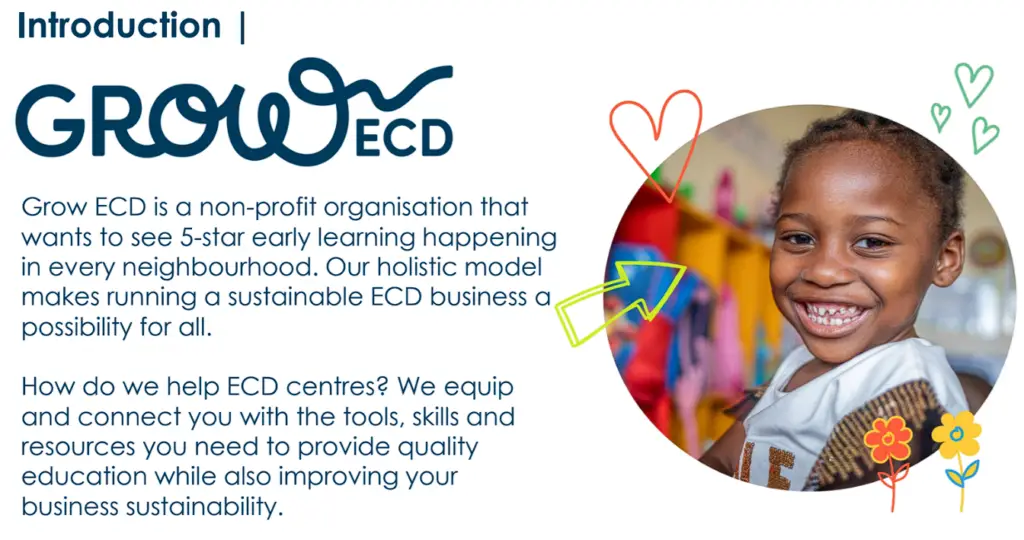Education as an act of human necessity is a vital responsibility of all educators and community members so that we build a cohesive, integrated society. Often children with learning disabilities are isolated from the social fabric of educational cohesiveness as they are unable to maintain the momentum within a ‘normal’ learning environment. However, these children share the same need for interaction and learning. To integrate marginalized children into normative educational rhythms necessitates that educators introduce new ways of teaching and support for children with learning disabilities.
The challenge for educators is that some children take longer to learn, and others may have physical challenges that prevent them from using their hands or feet. I draw attention to the Victory4All school in Humansdorp that supports children with impaired intelligence and limited adaptive functioning who are in need at their Rainbow Learning Centre and Rainbow Angels facility, and the learning approach introduced by Africa A+.
The holistic educational vision promoted by Africa A+ considers both the staff and the needs of the students. The play-based learning activities introduced by Morris (Africa A+ facilitator) were a song (Going to the farm), interactive gameplay (Mathematics skittles) and Storytime (Swimmy). In summary, Going to the farm entailed identifying and separating domestic from wild animals, building different homes for them from recycled material and mimicking animal movements. Mathematics skittles introduced students to counting, hand-eye movement of rolling a ball to topple a skittle and engaging with objects (milk bottles and bottle caps) that were identifiable as daily household objects. Storytime introduced the children to size differences that were identified by sound volumes and vertical and horizontal directions.
The activities introduced by Africa A+ at the Rainbow Learning Centre and Rainbow Angels are important to note as these encouraged the student’s personal effort in following directions and improving self-esteem making it easier for them to adapt to new situations and work with others. Working with recycled material encourages acceptance of familiar material for learning activities making the task of education more acceptable to both the student and educator.
These learnings may appear meagre when compared to the volumes of learning in a traditional classroom however, these modes of education by Africa A+ were methods of integrating individual participation in physical and learning activities that removed the constraints of a ‘chalk and talk’ learning environment that constructs traditional classroom learning. Further, the notion of song and movement introduces other forms of communication and physical exercises that improve the neurological, cognitive, and social behaviour of these children. Such activities build an emotional connection, a sense of purpose, confidence and achievement that allows students to experience being with each other and bonding. Human connection is imperative in socialization strategies as this opens doors of communication and opportunities to form friendships and develop a sense of purpose.
Dr Avi Sooful
University of Pretoria
